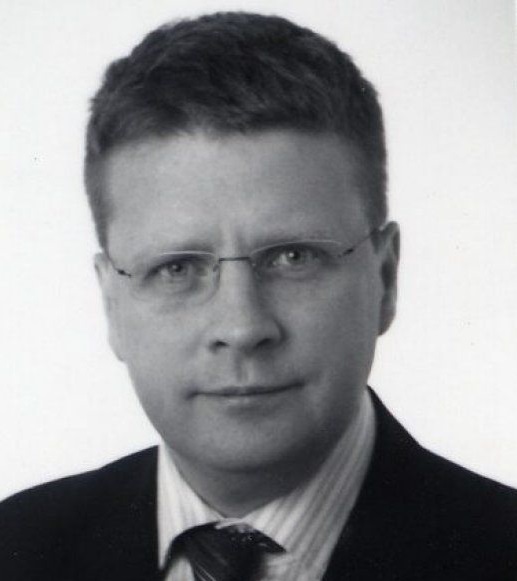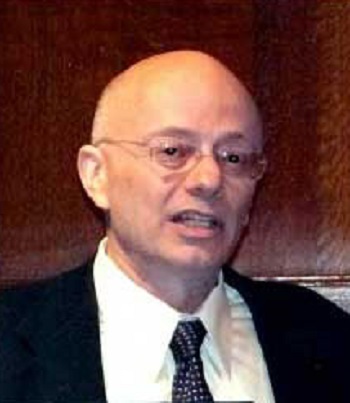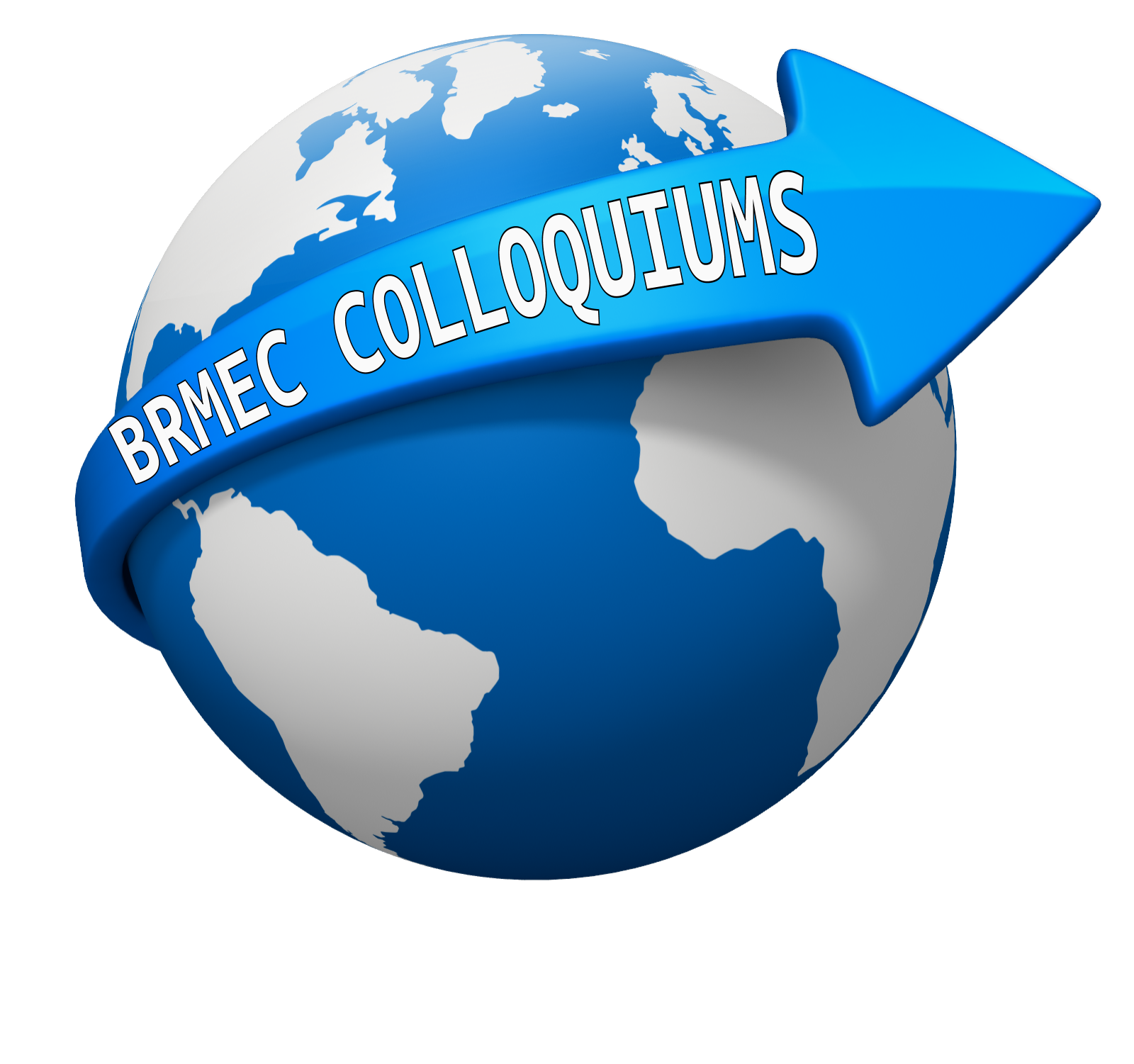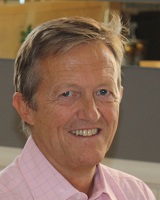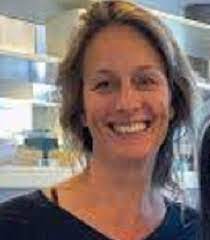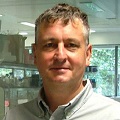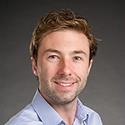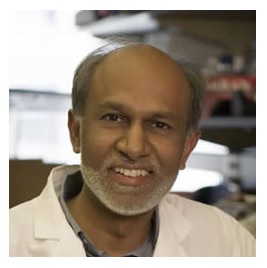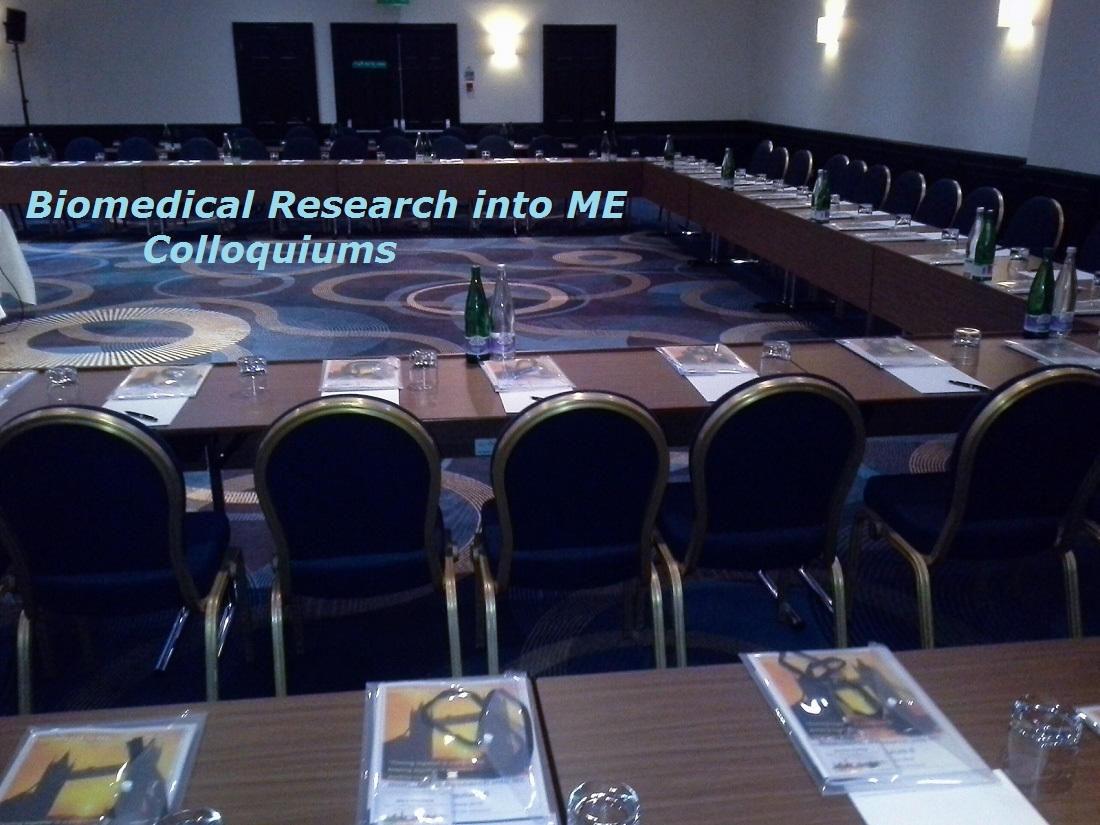BRMEC10 Colloquium
The 10th Biomedical Research into ME Research Colloquium is taking place on 2 - 3 June 2021.
This year, due to the pandemic, the event will be held as a virtual event.
Bringing Researchers Together
BRMEC10 Colloquium - New format, New ideas
A new format for the Colloquium is being made this year due to the pandemic. A virtual meeting replaces the annual physical meeting and a new approach is planned to bring forward discussions and assist in future research. We hope this will aid in linking the jigsaw pieces together.
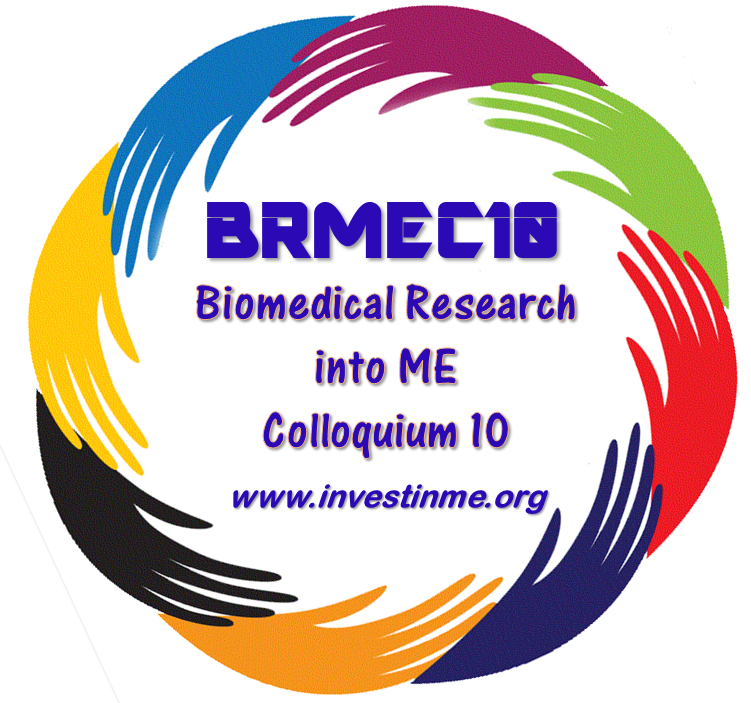
In replacing the annual London event with a a virtual event we are using the different opportunities
presented by this format to bring forward new ideas to stimulate discussions between researchers.
Every Colloquium has aimed to improve understanding, collaboration and cooperation.
With developments around research into Long Covid and with the similarities of some symptoms to those experienced by people with ME then this topic will be also added to the agenda.
For BRMEC10 we will present a new approach and a new format to the meeting in order to try to make a step-change in thinking and aid everyone
researching ME.
Working with Invest in ME Research will be the
European ME Research Group (EMERG) who have been tasked with forming the agenda.
A number of hypotheses will be proposed concerning ME - all leading back to the aetiology of the disease.
This will be augmented by reference to long covid.
The hypotheses will be discussed by researchers.
Participating in BRMEC10
The annual Invest in ME Research International Biomedical Research Colloquium has been established as a closed symposium for biomedical researchers to share data and ideas.
We are interested in progressing our goals of encouraging international collaboration in investigating this disease which will lead to discovery of aetiology and/or development of effective treatments.
For biomedical researchers who are interested in attending the BRMEC* Colloquiums then please use our contact form to discuss attendance.
We also invite participation from outside the field of ME where it may assist existing researchers.
Past BRMEC Colloquiums
The Invest in ME Research public Conferences began in 2006 – providing a platform for biomedical research into ME and to allow
researchers, clinicians and patients to come together and share experiences and knowledge
In 2011 the charity decided to create a forum for researchers – a place where international researchers could meet and discuss and collaborate.
This formed our Biomedical Research into ME Colloquium – bringing together the best biomedical research from around the world and
facilitating the sharing of knowledge and development of ideas around biomedical research into ME - always in the heart of London.
This would create a family of international researchers who could work together for the benefit of people with ME.
The Colloquiums continue to grow in size every year and
now regularly attract
researchers from fifteen countries -
the largest gathering of the world's biomedical researchers for ME in London with
excellent opportunities for networking amongst peers.
#BRMEC10
Bringing together researchers from around the world to bring new ideas to ME research and review implications from research into long covid
Use our website references in the sitemap to view other
work performed by Invest in ME Research.





